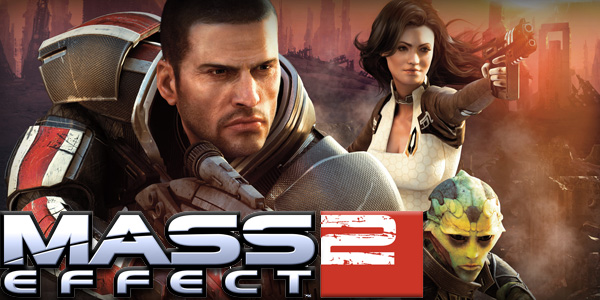
Big decisions have massive effects.
I used to love ‘Choose Your Own Adventure’ books, but their promises of choice always rang hollow. They were about the illusion of choice: following a straight path to the conclusion, sometimes sticking your fingers in the book to mark your place in case your decisions lead to an untimely death.
Although those books have fallen by the wayside, their intentions live on in the modern RPG. Choose your own adventure- as long as it’s what the developers intend. Make decisions that won’t affect the course of the game, right up until the end of course when you must become either a virtuous hero or super villain. The magnificent Deus Ex, for all its innovation, was an early example with its choices clumsily inserted into the end of a narrative that was otherwise filled with player agency.
Perhaps the worst offender was Fable: we were promised “for every action, a consequence”, but the attractive packaging didn’t mention these consequences were just numbers floating out of your head as you did either something good, or evil, with no room for moral ambiguity. Fallout 3’s patchwork quilt of an ending sequence stitched the ten decisions you were allowed to make into a personalised ending that felt inconsequential. If you played the expansion pack Broken Steel, things carried on regardless of your decisions in the original game.
Mass Effect could have been another of those games. I made my arbitrary decisions as I played: save a life here, appoint a councillor there, complete a side mission for a handful of credits. While the ending was satisfying by itself, it’s not nearly as satisfying as carrying your saved game into Mass Effect 2 and finding out that everything mattered.
And by ‘everything’, I do mean everything. Characters you met in the first game return, their dialogue affected by whether you took the time to fraternise with them or even rescued them from death. Even the random colonists you encountered take the time to send you emails, thanking you for your help. As a direct result of the actions you took in the first game, characters can be reluctant to deal with you or may welcome you with open arms. Mass Effect 2 is a blank slate of sorts for our hero Shepard, but just like real life you’ll have to live with your past decisions.
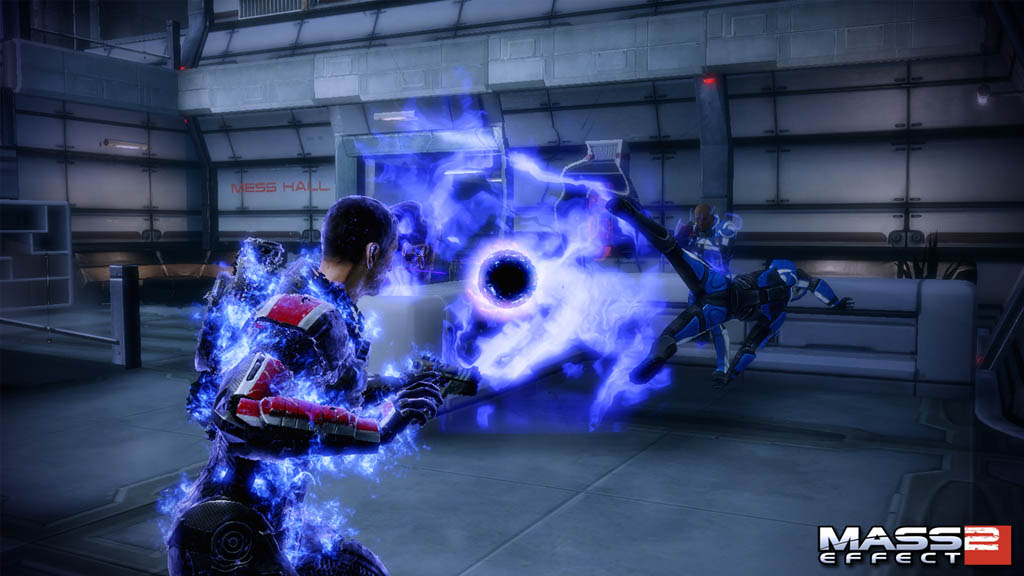
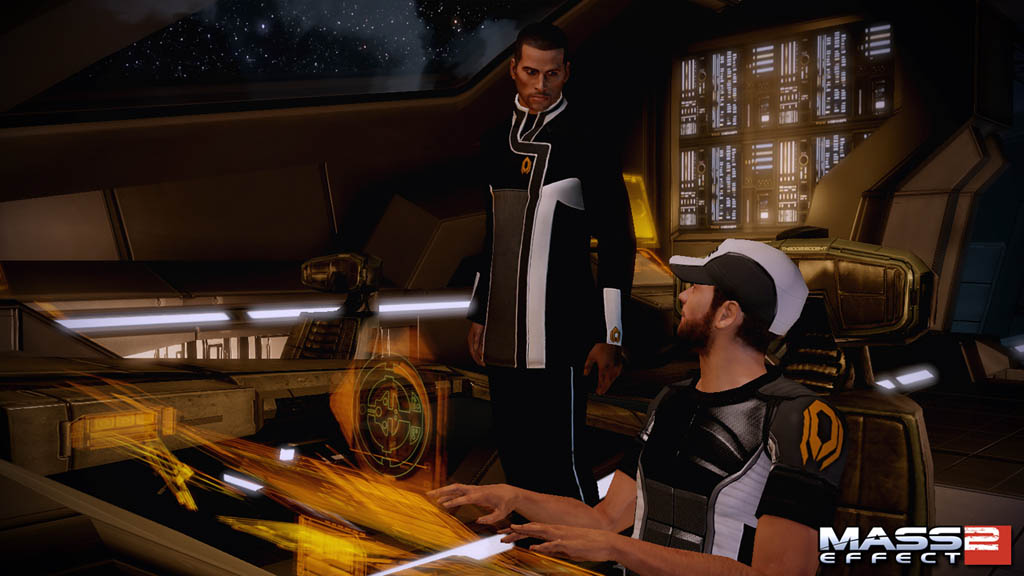
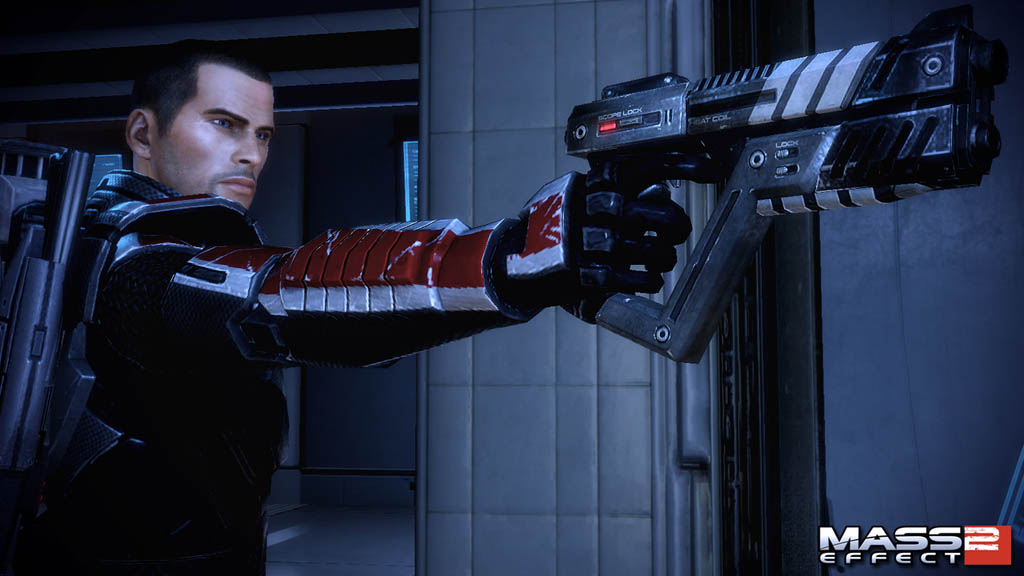
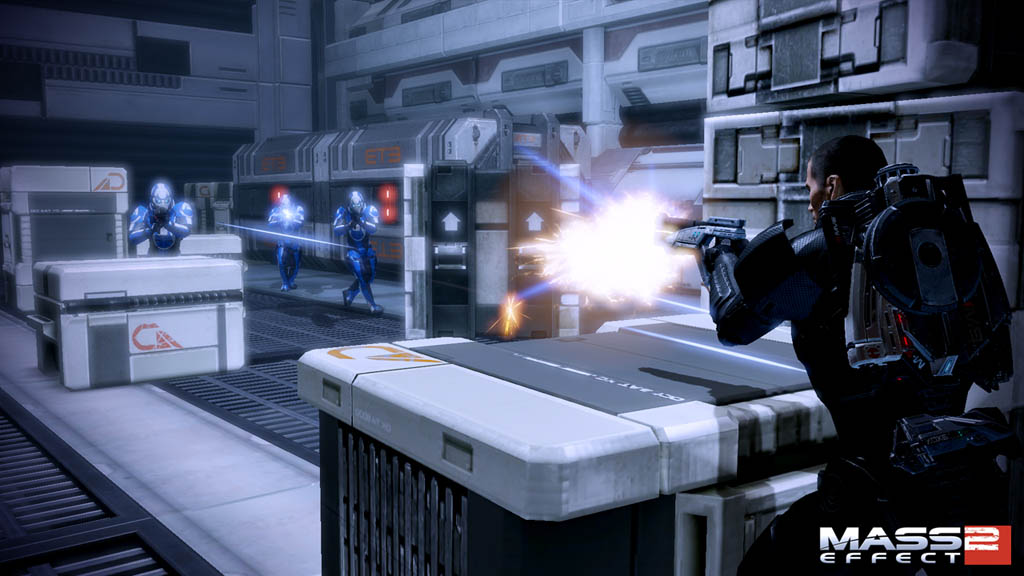
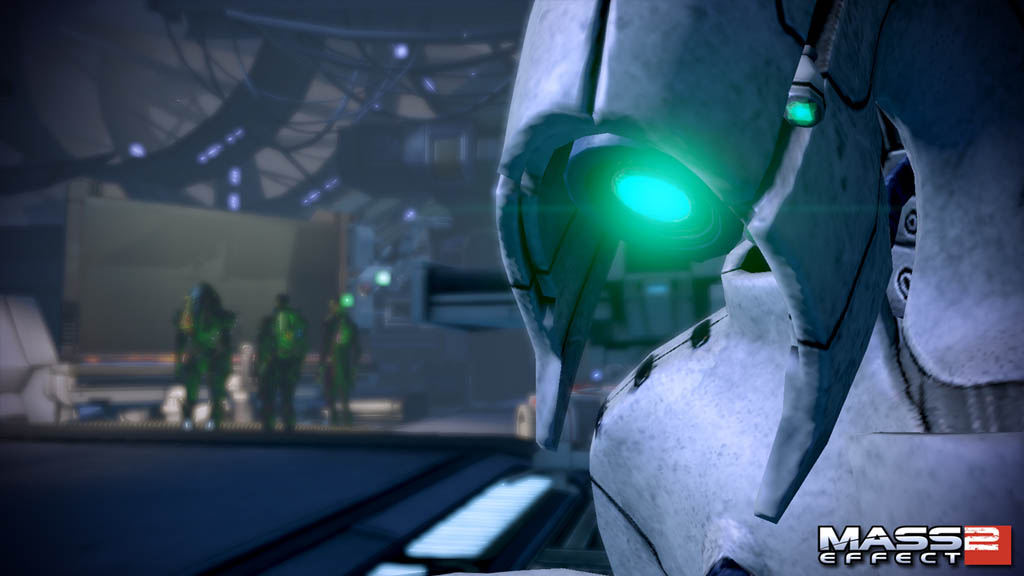
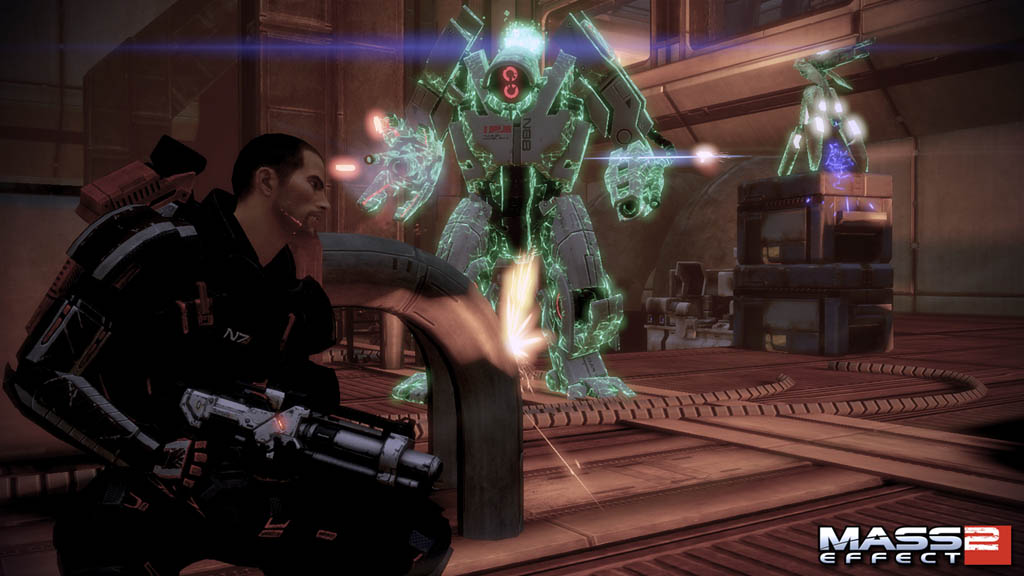
Following a magnificent introductory sequence with Shepard left for dead after the destruction of the Normandy, you’re resurrected (so to speak) by the shady Cerberus organisation and tasked with saving humanity from the Collectors, a race of aliens who are abducting colonists across the galaxy. Mass Effect had a rich, multi-layered story about the struggle of humanity within a xenophobic alien culture. You weren’t just fighting for the safety of the galaxy: you were also fighting to show that humans could make a valuable contribution to intergalactic society. In Mass Effect 2, things are more straightforward. Shepard’s associations with Cerberus have alienated him from the Citadel council so you’re very much left to your own devices.
The story moves forward at a decent pace, but there are enough missions to explore on each planet to make your travels feel meaningful and not just a scenery change. As you’ve already spent 36 hours having the stage set in the first game, the storytelling can focus on a more in-depth exploration of interspecies relations. In Mass Effect players spent much of their time destroying the synthetic Geth, but the sequel gives a greater understanding into their history and character that most games- with the notable exception of Halo– wouldn’t bother to explain.
Like the narrative, BioWare have taken a scalpel to the framework underpinning Mass Effect and removed most of the issues with surgical precision. There’s no clunky inventory of ammunition and random tat to sift through in Shepard’s bottomless trouser pockets. The worlds are easier to navigate without losing their rich architecture, allowing a greater appreciation of the breathtaking scenery. There are far fewer random planets with identical mercenary installations but a large number of side quests hidden just beneath the surface for those willing to explore. The new planet scanning feature is either a welcome distraction from the main quest or a tedious distraction depending on your mood.
The oft-maligned five-minute elevator trips while the game loaded around you have been replaced by pretty animated screens, which help mask the epic loading times. The unfortunate vehicle sections, which I previously described as “akin to steering a sackful of balloons using a hair dryer”, are nowhere to be found: the ‘Firewalker’ downloadable content adds some nifty hovercraft missions, but they are strictly optional this time around.
While Mass Effect has an unfair reputation as a trite conversation simulator, it remains a game about relationships. The excellent writing, mostly convincing lip-synching and superlative voice acting combine to breath life into the most unusual of extra-terrestrials. Shepard can interrupt conversations when the opportunity arises, usually violently, but the choice is yours. BioWare’s character development is, as usual, second to none. You’ll spend a large portion of time recruiting and building a ragtag band of aliens for the ‘suicide mission’ to the Collectors’ home world. To succeed you need to secure the loyalty of the team, a careful balancing act between your morals and their motivations. You can still pursue romance with one of your crew (which might have awkward, sexy implications for Mass Effect 3), but you’ll have to work to achieve it by building the relationship first. There’s one lesson a sixteen year old should learn from this game.
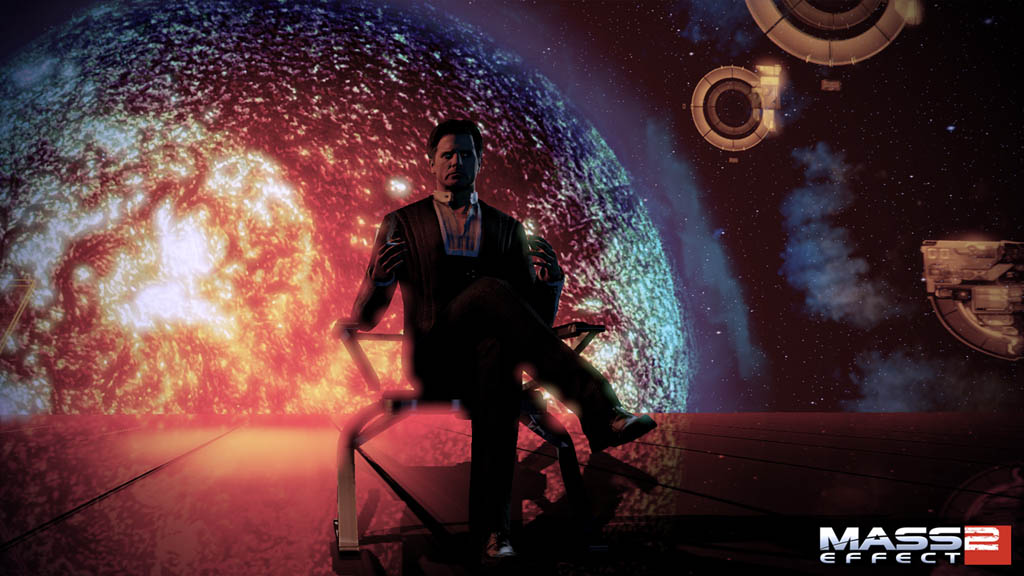
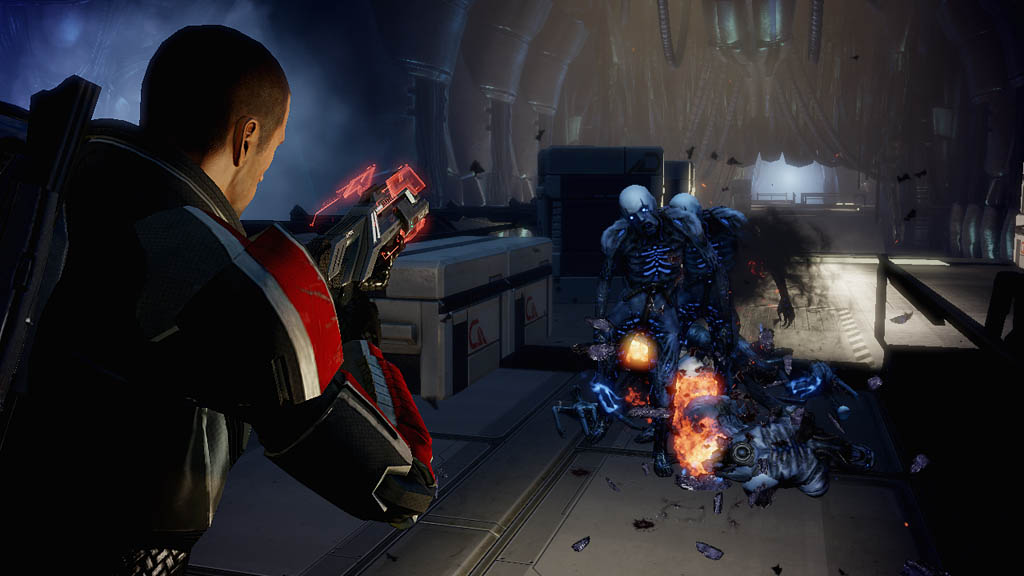
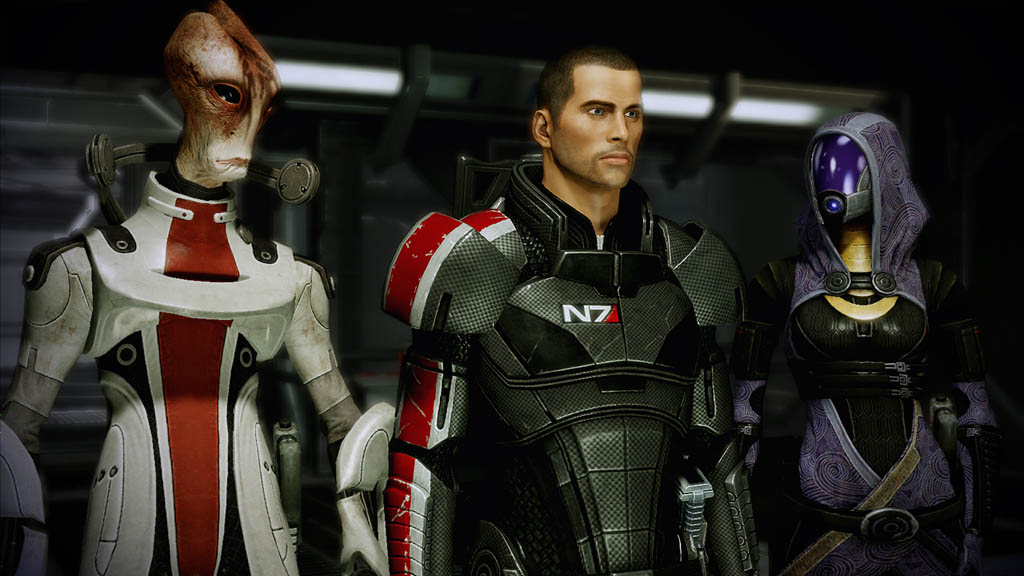
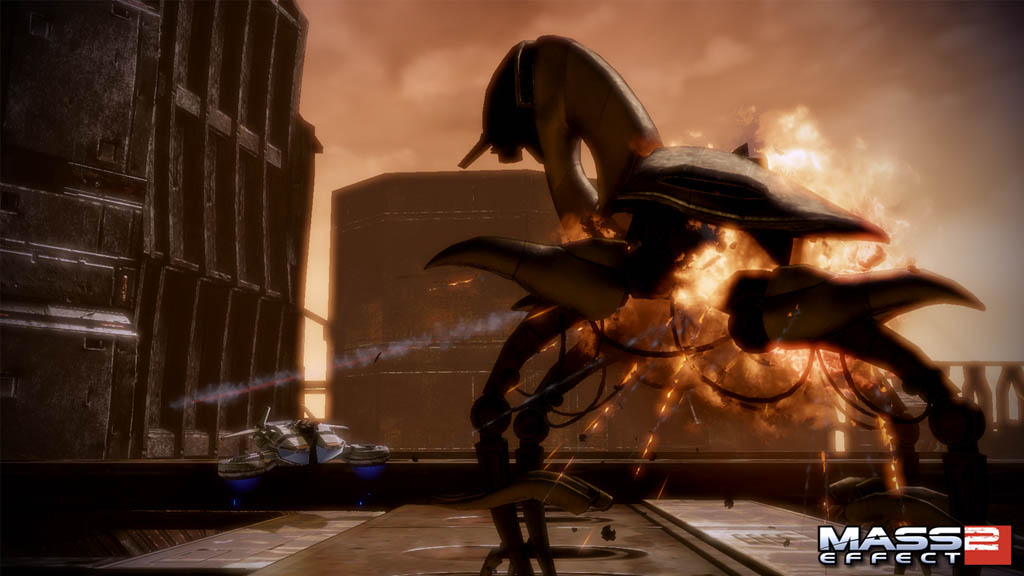
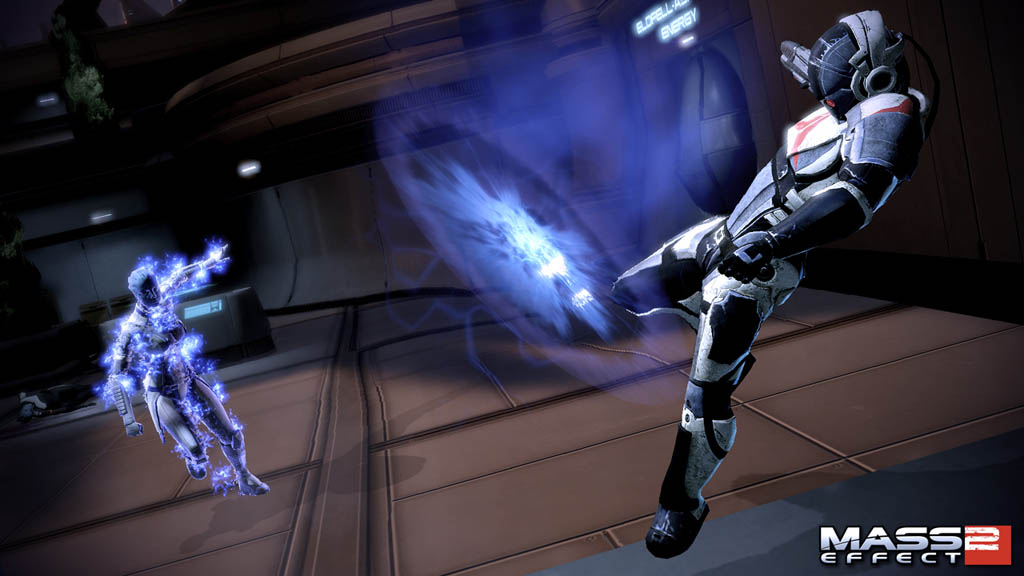
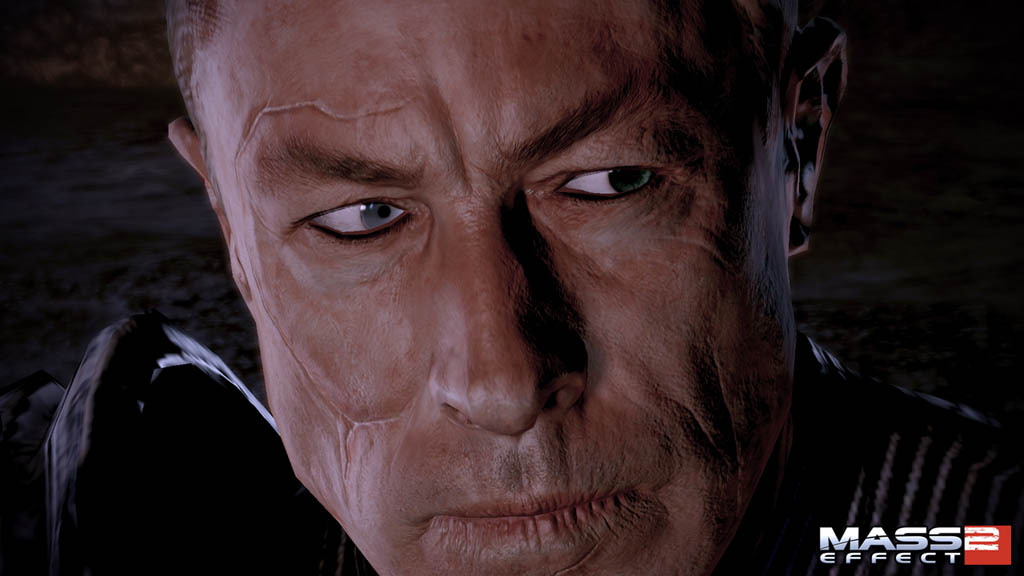
Ultimately, despite the focus on interactions there is a lot of shooting in Mass Effect 2 and that might put off those interested in an RPG, but not another third-person shooter. It’s more refined than the original game: Shepard nimbly slides into cover instead of the previous “why am I wearing woolly jumper in a Velcro world” stickiness. Things never get as ferocious as Gears of War, since you can pause mid-battle and evaluate tactics. The action is intense and would easily be worth the price of admission even without the fantastic storyline to back it up, but combined with the narrative it’s incredible and each battle feels worth fighting. Unfortunately, the disjointed user interface remains as confusing as ever. Your squad commands are like tiny hieroglyphs that must be constantly re-interpreted as they jump around the radial menus.
The controls don’t always do what you expect in dialogue boxes. In one particular situation I wasn’t sure whether I was going to blow up a civilian settlement or a factory, not because of the moral dilemma, but because I didn’t know which button would have the desired outcome. When your decisions carry so much weight, it’s vital to ensure the player is free to execute them without the interface getting in the way. While you’ll quickly learn to decipher the heads-up displays, you shouldn’t really have to. It’s a fly in the soup that you can swallow and won’t detract from the flavour, but I hope it gets cleared up for the sequel.
Mass Effect 2 is an exhilarating and groundbreaking game that keeps you on the edge of your seat right until the explosive denouement, but it’s so much more than that. It marks a defining point for interactive entertainment where you feel in control of your own destiny: you are the story, not merely a passive observer of it. While the alien blasting and star trekking is as engrossing as ever, it’s the sense of empowerment- and the anticipation for a sequel that brings- that makes it a truly unforgettable experience.






